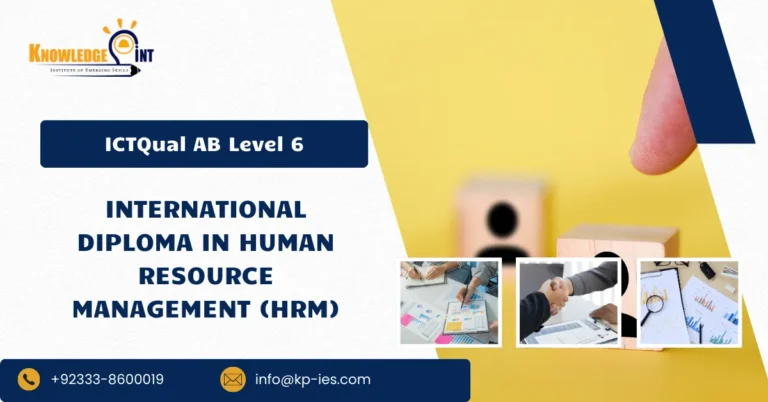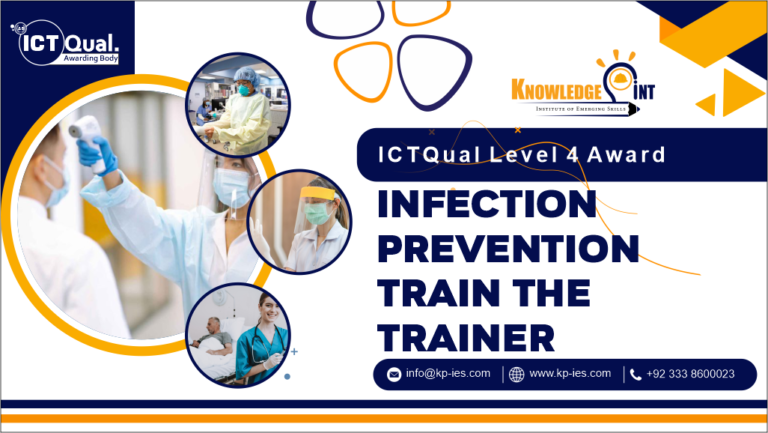ICTQual Level 6 Diploma
Energy Management
Awarding Body
ICTQual AB
Hours
60 Hours
Course Type
Energy Management
study mode
Online Learning
Course overview
The ICTQual Level 6 Diploma in Energy Management is an advanced professional qualification designed for individuals seeking to develop expert knowledge and skills in energy management, sustainability, and organisational energy performance. In today’s energy-conscious and environmentally responsible business environment, effective energy management is critical for reducing costs, improving efficiency, and ensuring compliance with regulations. This course equips participants with the tools to analyse energy use, develop strategic energy policies, and implement initiatives that optimise energy performance across an organisation.
The programme combines comprehensive theoretical learning with practical, real-world applications to ensure participants can apply concepts effectively. Learners engage in case studies, project work, and interactive exercises to strengthen analytical, problem-solving, and decision-making skills. Core topics include energy auditing, energy performance measurement, ISO 50001 standards, energy efficiency technologies, sustainability strategies, and legal and regulatory requirements. Emphasis is placed on developing strategic planning abilities, evaluating energy-saving initiatives, and applying best practices to achieve measurable results.
Ideal for energy managers, sustainability professionals, engineers, and consultants, the ICTQual Level 6 Diploma in Energy Management prepares graduates to lead energy projects, develop energy management systems, and drive continuous improvement initiatives. Participants gain the expertise to support organisational energy efficiency goals, reduce environmental impact, ensure compliance, and advance their careers in energy management, sustainability, and corporate responsibility roles.

Approved Training centre of ICTQual AB
Centre # : ATC24001

Entry Requirments
Entry Requirements for the ICTQual Level 6 Diploma in Energy Management:
- Educational Qualifications:Minimum Level 5 qualification (or equivalent) in energy management, engineering, environmental science, or a related field.
- Professional Experience:Practical experience in energy management, sustainability, or related roles is recommended to apply advanced energy management principles effectively.
- English Language Proficiency:Learners must demonstrate sufficient proficiency in the English language to engage with course materials, participate in discussions, and complete written and practical assessments.
Course structure
The ICTQual Level 6 Diploma in Energy Management consists of 8 mandatory units which are as follows.






